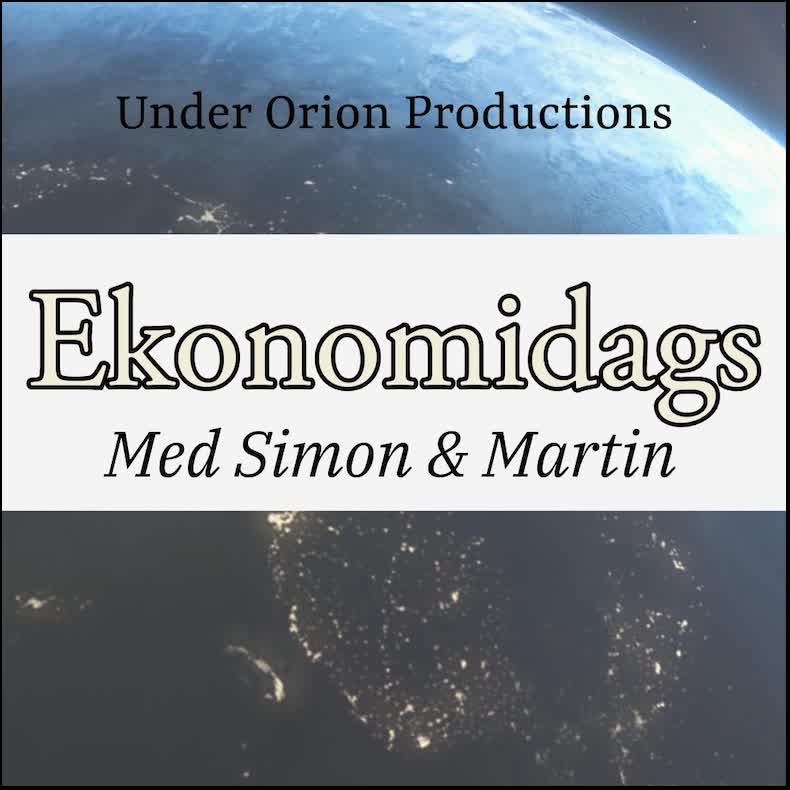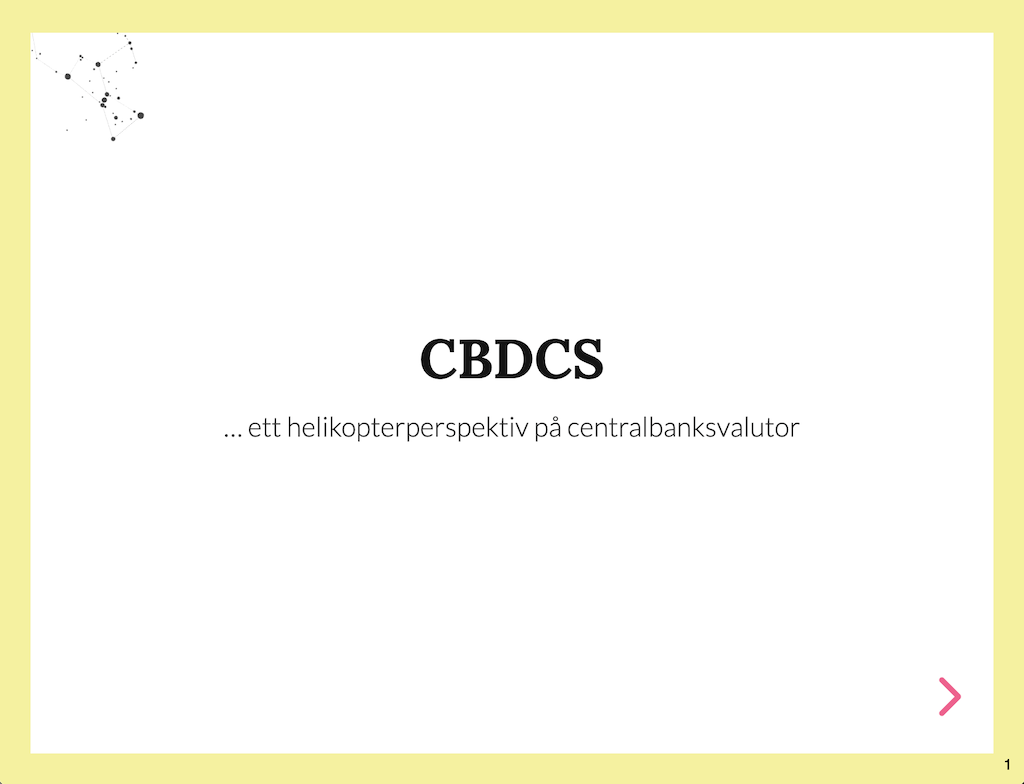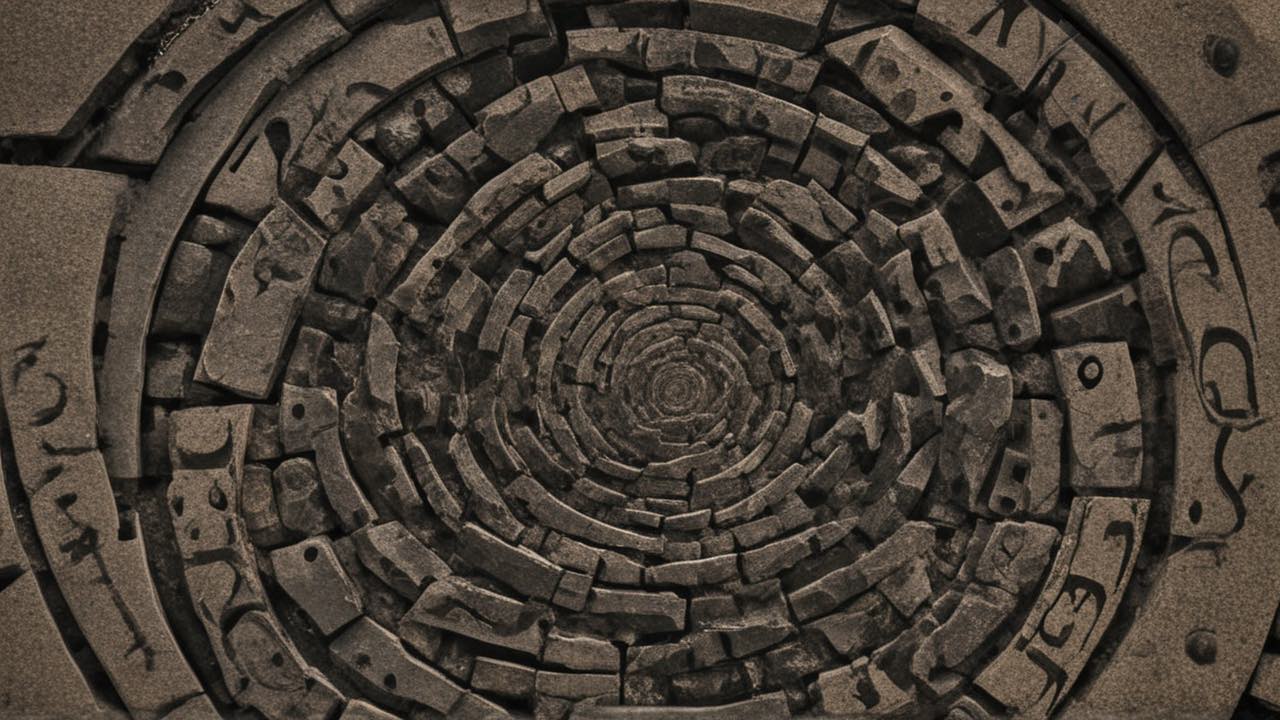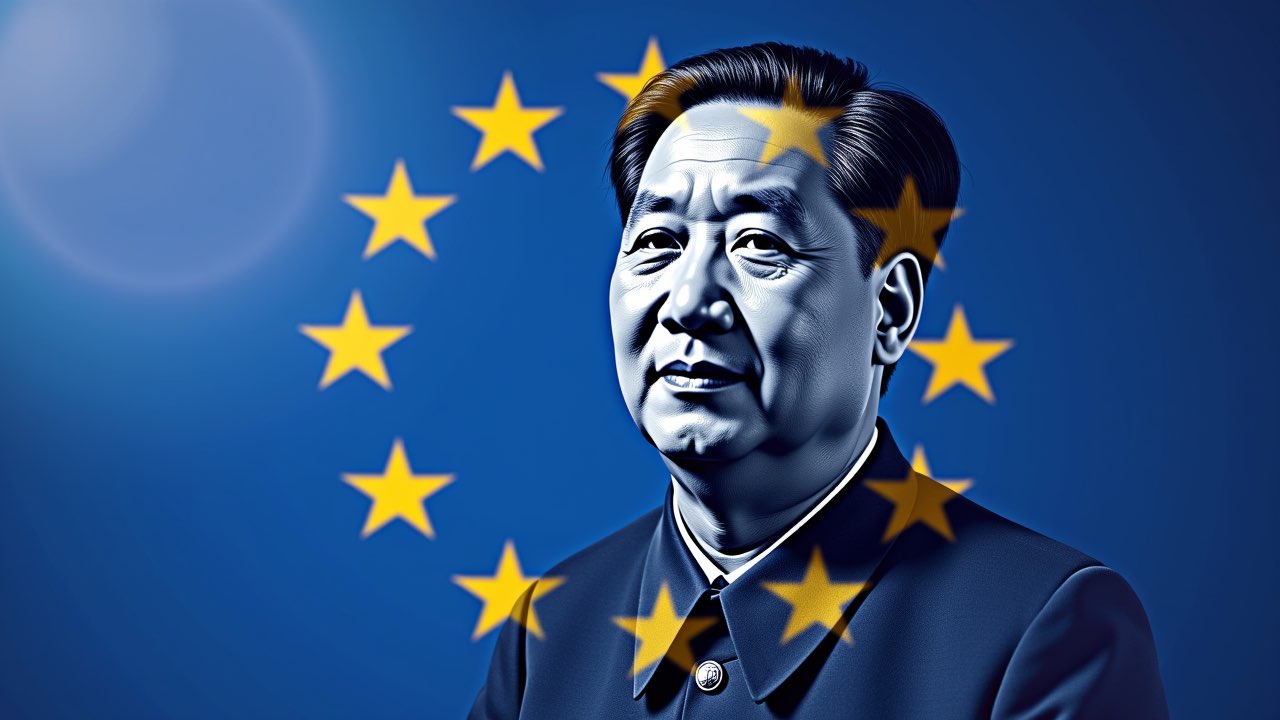Under Orion
Under Orion provides insightful analyses, engaging lectures, and dynamic presentations to empower you in overcoming modern challenges with greater efficacy. Positioned at the convergence of crypto, macro, and finance, we invite you to join us in building the groundwork for a new renaissance!

Ekonomidags Podcast
Ekonomidags is possibly Sweden’s premier economics podcast. Every other week, we provide you with news and insights on economics that aren’t covered in other media. We offer both a deeper understanding and provide unexpected perspectives.
- Clear and accessible dialogues covering economics, societal matters, and financial markets.
- Perspectives that undoubtedly offer fresh insights you’ve yet to explore
- Who knows? Maybe you’ll even crack a smile or two along the way!

Presentations
Intrigued by the mechanisms of money creation or the origins of inflation? Explore our engaging presentations, meticulously crafted to elucidate critical economic and political topics. Here are some compelling examples:
- Inflation - what is it really?
- How money is created and what future money may look like
- Central Bank Digital Currencies - why?

Digital sovereignty
Nothing you write on Facebook or other platforms belongs to you. Everything can disappear if some algorithm or bureaucrat decides to delete your account or your data. But it doesn’t have to be this way. Similarly, today, your money may not be yours anymore. Learn about:
- Fairer alternatives to Facebook, TikTok, and Twitter
- Paying for goods and services without unnecessary intermediaries
- Communicating with friends securely and digitally, with or without the internet
Latest Articles

Time for a more radical Europe
- Martin Enlund
- 3/9/25
Last fall, Italian economist Mario Draghi, former head of the European Central Bank (ECB), published his 400-page report on Europe’s (actually the EU’s) competitiveness. Draghi’s verdict was harsh: Europe is facing an “existential challenge.” It’s hard to disagree. While the EU is launching new regulations on plastic corks and hiding text messages from the public, Elon Musk is changing the world with groundbreaking innovations in the automotive, robotics, and space industries.

The Superstimulus Trap: From Bird Eggs to AI
- Martin Enlund
- 3/2/25
With the rapid development of artificial intelligence (AI), we face a future where we may soon have access to almost everything we desire – at least in the digital realm. But unfortunately, what we wish for doesn’t always align with what we truly need, or what would benefit us.

